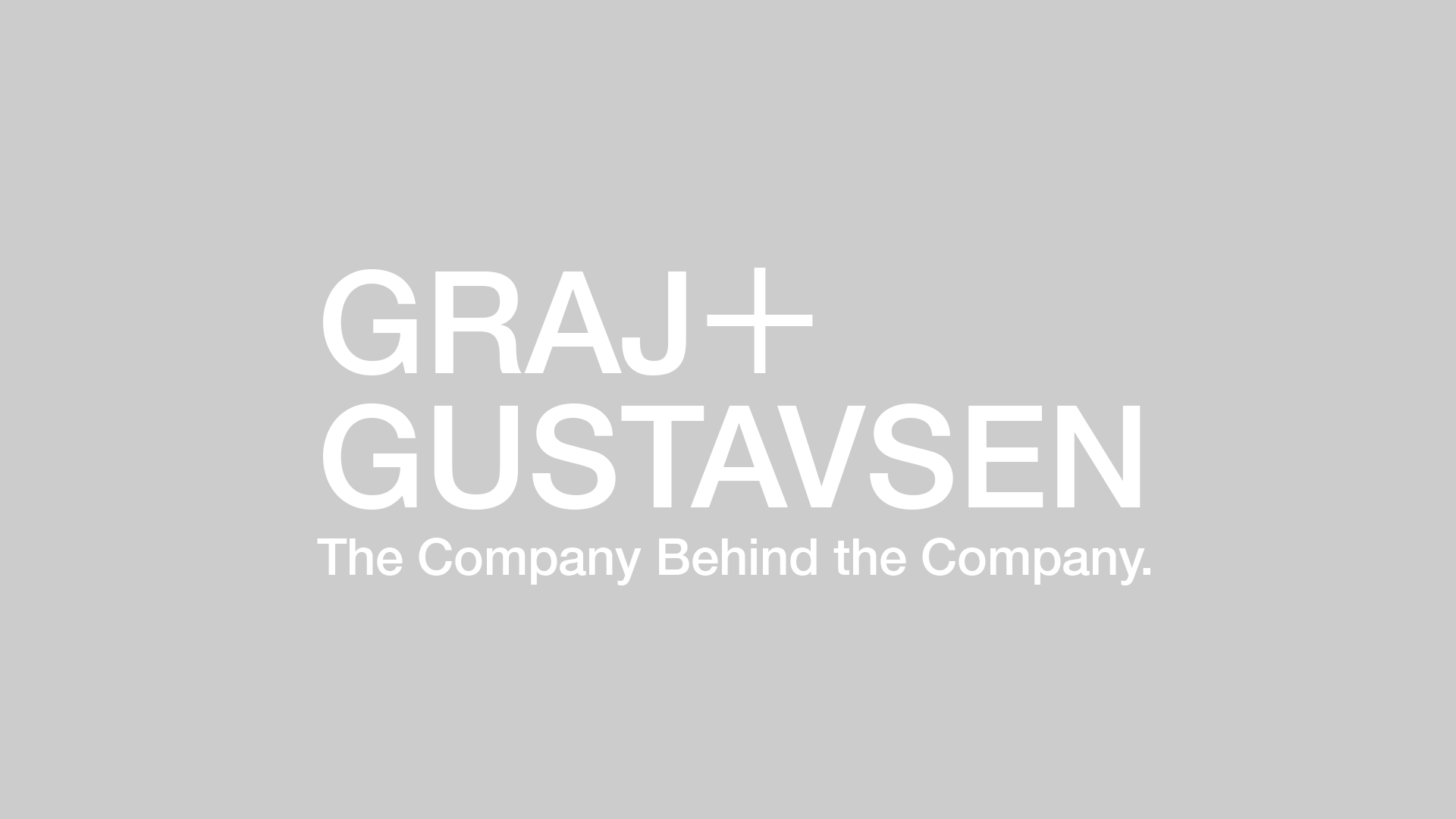The world of McKinsey, Boston Consulting, and Bain dominate traditional consulting. Their strengths, in my view, are most deeply developed in cost-cutting and in trimming out the wasted white spaces of organization. Smaller, less process-driven organizations such as our own may have an advantage in identifying and shaping an emerging company’s entrepreneurial spirit.
• How do you sharpen your gut instinct?
• What criteria should you use to make entrepreneurial decisions?
• How do you activate and energize a business?
Some of our advice is conspicuously counterintuitive. One assertion surely is:
Deadlines can be the entrepreneur’s best friends.
It’s assumed entrepreneurs are driven, always wanting to have something done yesterday. That’s only partly true. Entrepreneurs don’t seem to need deadlines, yet for neglected parts of the business, tight timelines are frequently a missing discipline.
While entrepreneurs know how to keep movng, they will often avoid seemingly intractable problems. Consequently they steer around hard-to-solve issues, and soon their business becomes a stream obstructed by large boulders of tactical roadblocks – obstacles around which is often very hard for other team members to navigate.
Meaningful deadlines are a welcome blessing, leading to often magical results. They can be the blasting caps of creativity. It’s amazing how a deadline can force a manager to reshape and streamline a problem. A single deadline may not fully demolish an obstacle, but often a series of successive deadlines can chip a problem down to manageable size . . . and ultimate resolution.


